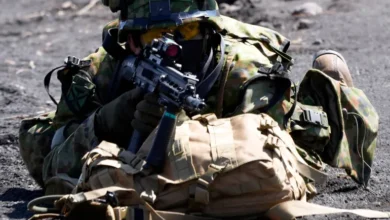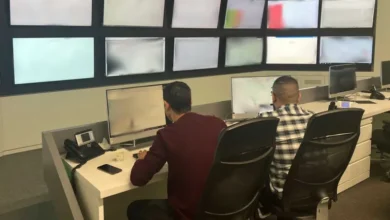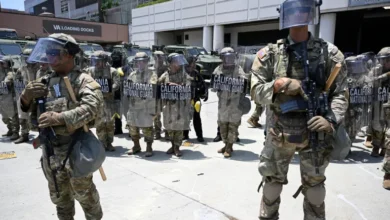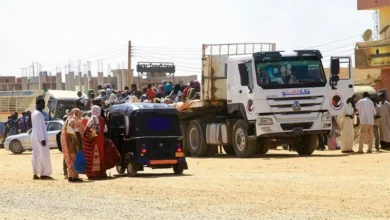Canada’s assisted dying regime should not be expanded to include children
Ramona Coelho
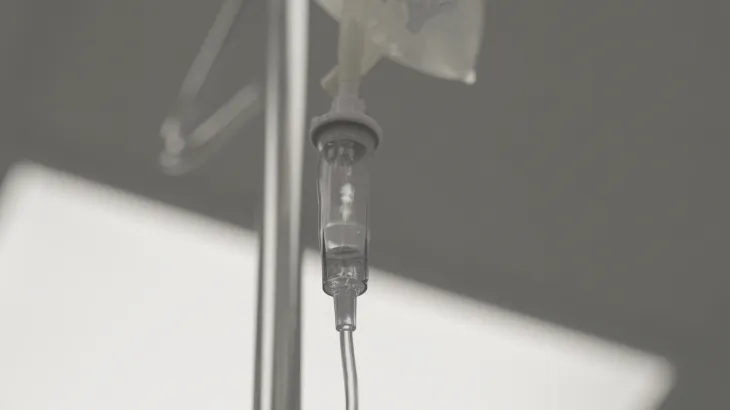
When I was growing up, every week, my Indian immigrant parents would drive my two siblings and me to a long-term care facility close to where we lived, so we could spend time with the residents. I remember one elderly woman, in particular: she’d had a debilitating stroke and no family to visit her. My dad would sneak in Big Macs, After Eight chocolates; anything to bring her a bit of joy. My parents also regularly visited those without support in prison until they needed to move in with my family due to my father’s growing health needs.
As a mother of five, a caregiver to my father, and a family physician who has practised since 2007, I try my best to continue my parents’ commitment to leave no one behind. My practice, which is based in London, Ontario, predominantly serves low-income and marginalised adults and children: refugees, people who are facing charges or have been incarcerated, people with chronic pain and others with disabilities and mental health issues, including substance use disorders. Many of them wait excessively long periods or are declined specialist care, housing, medications, or counselling. Some wait in line at food banks, while others are forced to choose between affording transit to keep medical appointments or buying nutritious food. They face discrimination, isolation, and inaccessibility, all of which negatively affect their health.
Witnessing these barriers firsthand, it was clear to me that our society does not prioritise supporting those who need it most. I was doubly alarmed to hear that some of my patients were contemplating or being offered medical assistance in dying, or MAiD, due to this lack of resources. In 2020, I began reaching out to Canadian politicians to raise my concerns that MAiD could become the path of least resistance for those with insufficient resources to live. Since then, I’ve been invited to voice my opinions in numerous disability, Indigenous, academic and parliamentary settings about MAiD, including appearing as an expert before our federal Special Joint Parliamentary Committee on MAiD in 2022.
Back in 2016, assisted suicide and euthanasia were legalised in Canada and the term medical assistance in dying (MAiD) was coined for both methods of administering death. MAiD was sold to Canadians as a humane way to end the lives of consenting adults who were experiencing intolerable suffering. Patients had to meet certain criteria, including having a “grievous and irremediable” medical condition, such as heart failure or cancer, and a “reasonably foreseeable natural death”. In recent years, the number of people who qualify for MAiD has grown: in 2021, Bill C-7 created a new track for adults with chronic illnesses and disabilities who aren’t dying. Bill C-7 also had a sunset clause that would allow future eligibility to those whose only medical condition is mental illness, which might be delayed again, but thus far is set to become legal in March.
Numerous alarming stories about MAiD abuses are emerging from Canada that should give us pause. For example, Rosina Kamis explains in her recordings and her writings that she was driven to MAiD by loneliness and poverty. I was interviewed for the Al Jazeera documentary, Do You Want to Die Today, which documents her story in detail. Like Rosina, many disabled Canadians are suffering from social distress, including poverty, and dying by MAID. Their disability qualifies them to die but it is their psycho-social suffering that can drive their MAiD request. I am distressed that some Canadian bioethicists even argue that providing MAiD for requests driven by “unjust social circumstances” can be understood as a form of “harm reduction.” Encouraging people to die through MAiD for “living in unjust social circumstances” is more injustice, not harm reduction.
From legalisation to the end of 2022, there had been almost 45,000 MAiD deaths – more than 13,000 of these took place in 2022. In 2023, the Special Joint Committee on Medical Assistance in Dying – the one I spoke at – made some alarming recommendations, including expanding MAiD to “mature minors” whose death is “reasonably foreseeable”. They specified that parents could be involved in this process but ultimately, the decision should rest with the child, provided they are deemed capable.
At the moment, the mature minors provision is merely a recommendation. However, it will likely be legislated, given it is a priority of powerful lobbyists who have already created momentum for the rapid expansion of Canadian MAiD.
Here’s how it could roll out: Under Canadian law, specifically the mature minor doctrine, a child’s capacity for decision-making around healthcare procedures is not based on their age. A capacity assessor determines whether the minor in question can fully understand and appreciate the consequences of a procedure. If they are deemed capable of consenting, they are considered a “mature minor”.
There are a few problems with the proposed application of this doctrine to such a high-stakes decision. One is that there is inadequate precision in these assessments. Even for adults, the existing data shows that different assessors can come to different conclusions regarding decision-making capacity in the same case. This is even less studied in children.
Another point of concern is that the Canadian Association of MAiD Assessors and Providers (CAMAP), a group that has received 3.3 million Canadian dollars ($2.5m) in funding from Health Canada to educate MAiD assessors and providers, has created a guidance document that suggests clinicians can be flexible in determining whether someone has a reasonably foreseeable natural death (RFND) since the law does not require that the person must be terminally ill or expected to die within six or 12 months to fit into this category. In this context, expansion of MAID to mature minors would mean that a child as young as 12 with cancer – even one with years to live – could be approved for a lethal injection without parental agreement.
